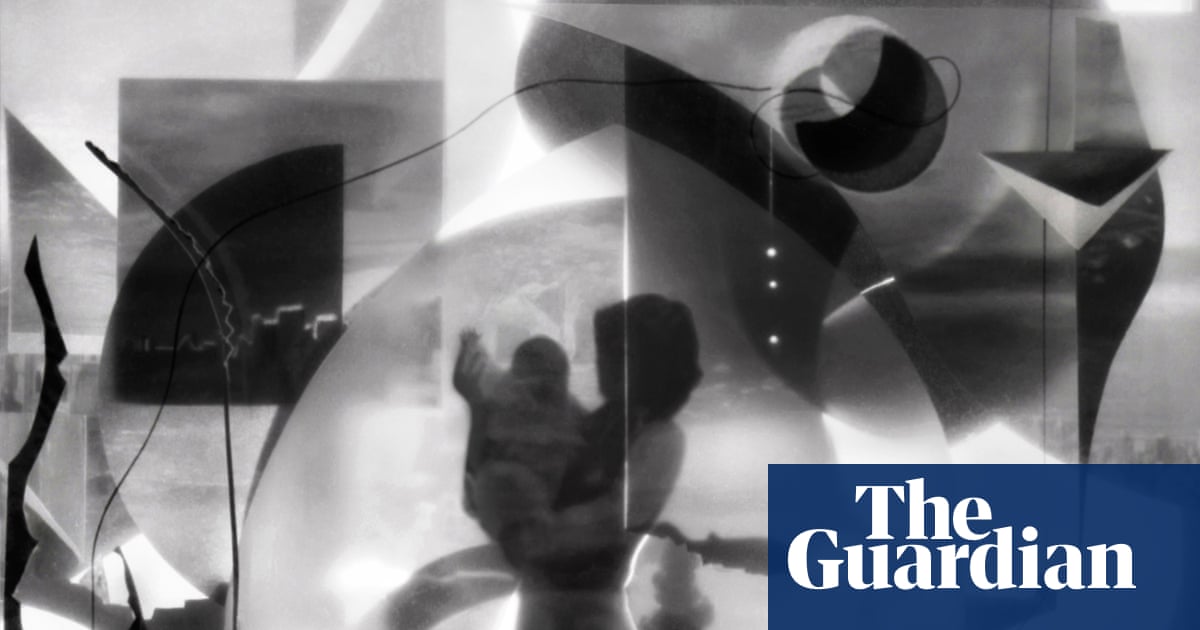
"I'd spent a year getting pregnant, then unpregnant. I'd wake in the middle of the night and remember: heartbeat, heartbeat. At times, I felt absurd for my grief. I couldn't ascertain what the metric of a mother was, what goalpost had to be met. Had I met it? Surely grief like this love like this had to be more deeply earned?"
"I had a baby, nearly 18 months old. The surgery was on 6 October. The fertility doctor was cheery at my bedside when I woke; I now had a new crew of eggs on ice. I took a Lyft home. That afternoon, dazed on the couch, I watched sitcoms. The next day, I watched the news break: one urgent report after the other, in English, in Arabic, repeating the same details in different order: surprise attack, dawn, rockets, metal fence bulldozed, hostages taken,"
A fifth pregnancy ended after the fetal heartbeat was heard three times before it stopped. Intense, disorienting grief followed, with outbursts, sleepless recollection, and questioning of what constitutes motherhood. Years later, an egg retrieval occurred while caring for an 18-month-old, producing frozen embryos and a stunned recovery of simple television-watching. The following day, breaking news showed a surprise attack, rockets, bulldozed fences, hostages taken, escalating deaths, and a city cut off from services. Palestinian children publicly pleaded for protection. Audre Lorde's idea that nurturing can save humanity is invoked to expand the notion of who can be a mother.
Read at www.theguardian.com
Unable to calculate read time
Collection
[
|
...
]